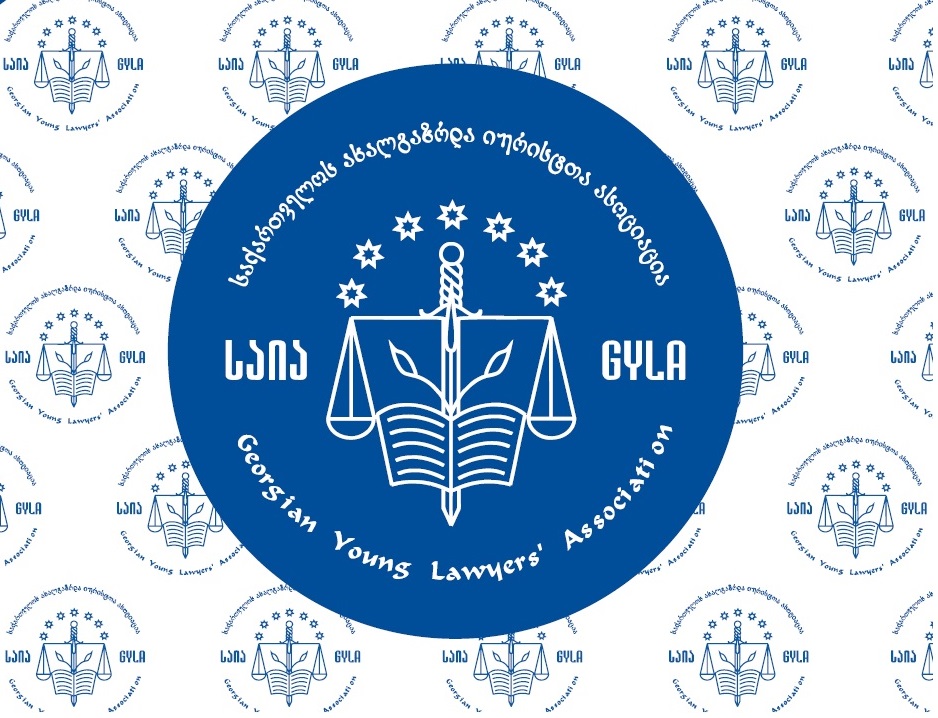



On November 1, 2012, a working group on political prisoners and exiles was set up under the human rights and civil integration committee of the parliament of Georgia. The group was manned by representatives of civil society, including Georgian Young Lawyers Association and Article 42 of the Constitution.
The working group was provided with the list of individuals imprisoned or wanted on political grounds, referred to the committee by Tbilisi Helsinki Group (total of 185 prisoners and 13 wanted persons). Further, upon commencing its activities the committee was also provided with other additional applications, periodically referred to the working group for examination. The group should determine whether individuals on the list are political prisoners. It is noteworthy that neither the national laws of Georgia nor any other official document offer definition of a political prisoner. However, in 2012 the Parliamentary Assembly of the Council of Europe (PACE) adopted a resolution N1900, which provides the definition of a political prisoner. PACE calls on all member states reassess the cases of any alleged political prisoners by application of the criteria laid out by the resolution. Georgia is member of the Council of Europe and therefore, it must comply with the requirements of the CoE and take into account the fore-going resolution when reassessing cases of alleged political prisoners. Hereby, we’d like to also note that PACE provides for five key criteria for regarding a person concerned as a political prisoner.
At the meeting of the human rights and civil integration committee, it was decided to determine status pursuant to the CoE standards.
We welcome the initiative of the Parliament of Georgia to address the issue of political prisoners, as well as civil participation in the process. We believe that initiating and rightfully conducting the process is of utmost importance for restoring justice. Therefore, we decided to participate in the work of the group and contribute to this important cause.
However, during the working process a number of problems hindering effective work of the group were revealed. The group format and timeframes are inadequate for reassessing cases comprehensively. Us, Georgian Young Lawyers’ Association and Article 42 of the Constitution, believe that the group must prepare a substantiated, objective and fair recommendations for every single case, in order to avoid any superficial evaluations, inaccuracies and unfair approaches.
We believe that the two-week term and format of the group make it impossible to prepare thorough findings on cases of 185 alleged political prisoners and 13 persons persecuted on alleged political grounds. To our knowledge, there are no plans about extension of term of the group’s mandate, which makes it impossible to comprehensively address the issue.
Despite a number of attempts on our end, agreement could not be reached in an effort to change the working format of the group. Due to the fore-going reasons, Georgian Young Lawyers’ Association and Article 42 of the Constitution can not undertake the obligation of participating in the working group and is terminating its work. Father, we stand ready to help the group by presenting cases litigated by us and findings we have prepared.
Setting up the working group indicates that liberating political prisoners is one of the priorities of the new government. Therefore, it is necessary for the parliament to address the issue in a comprehensive manner, ensure fair and objective procedures, to eliminate any sense of injustice that public may have. Further, procedures that the parliament will resort to for liberating persons regarded as political prisoners is yet unknown. We believe that parliament must provide the information to public. Further, in the process of reassessment the parliament must also draw on to relevant experience of foreign countries.
Further, we’d like to highlight that we have been working on cases of political prisoners for years already, by providing legal assistance in Georgia and before the ECHR. We have examined a number of cases involving political prisoners. We have published reports and researches. Despite our decision to leave the group, we will continue our work in this direction and will update public about our activities on a periodic basis.
ჯ. კახიძის #15, თბილისი, საქართველო, 0102 ; ტელ: (995 32) 95 23 53; ფაქსი: (995 32) 92 32 11; ელ-ფოსტა: gyla@gyla.ge; www.gyla.ge
15, J. Kakhidze str. 0102, Tbilisi, Georgia. Tel: (995 32) 95 23 53; Fax: (995 32) 92 32 11; E-mail: gyla@gyla.ge; www.gyla.ge